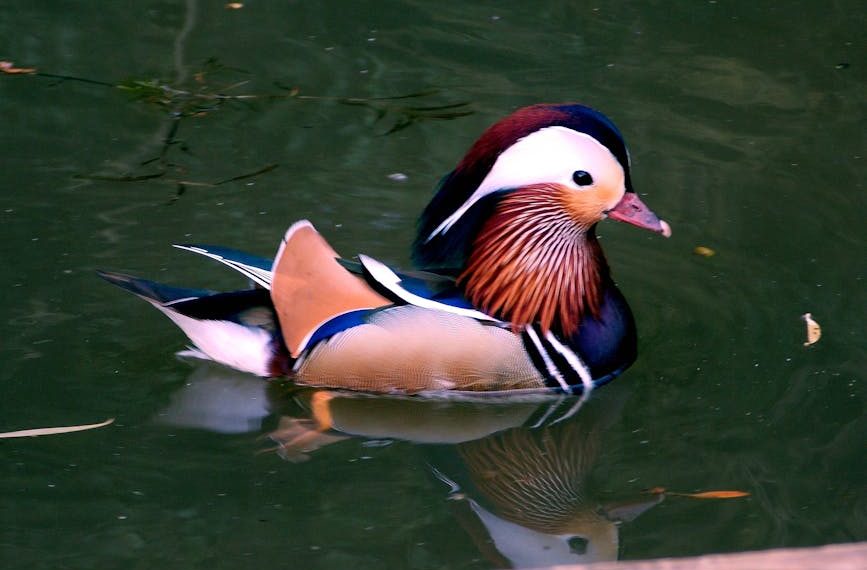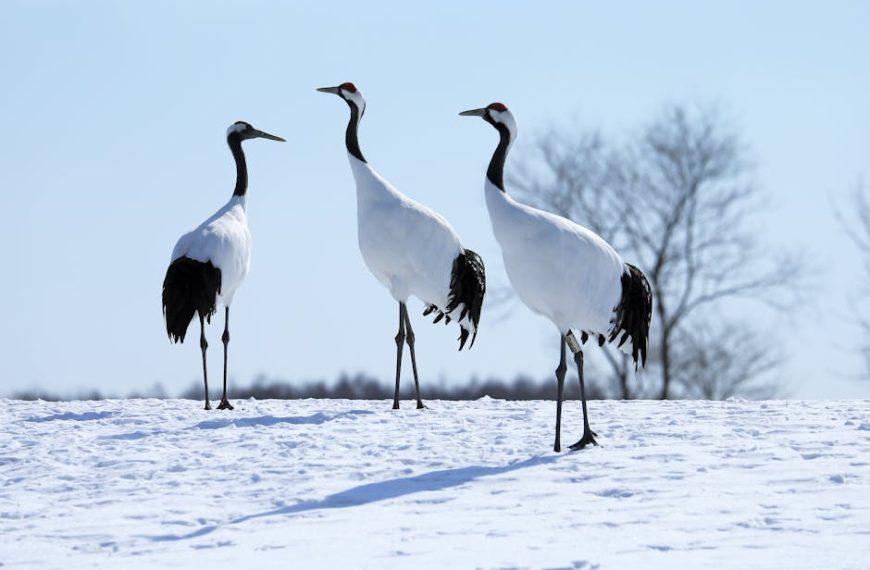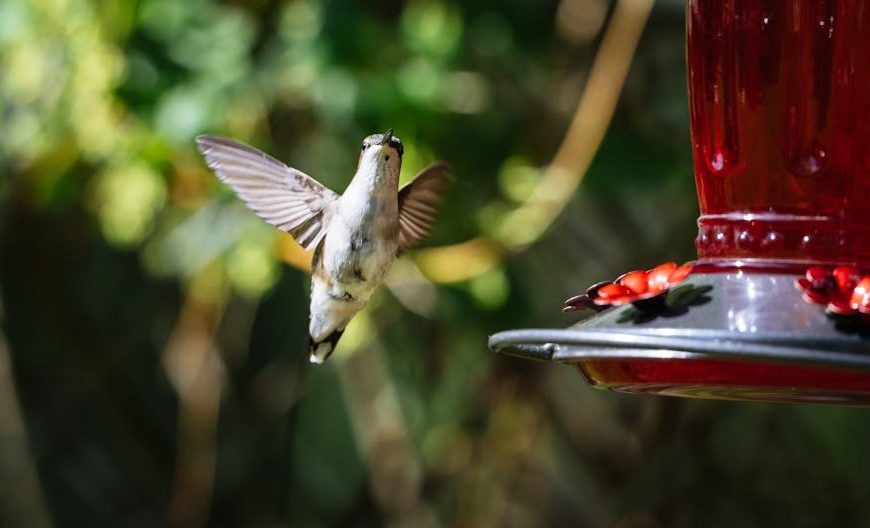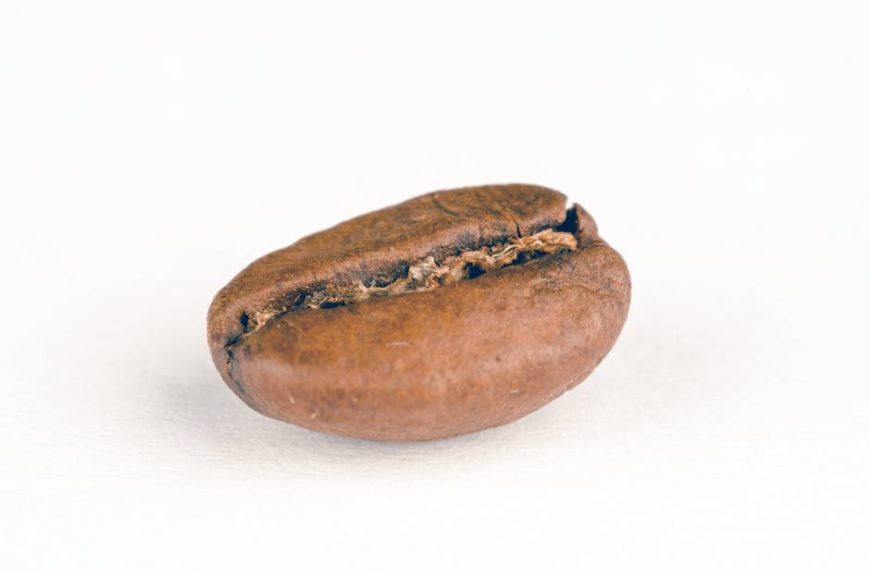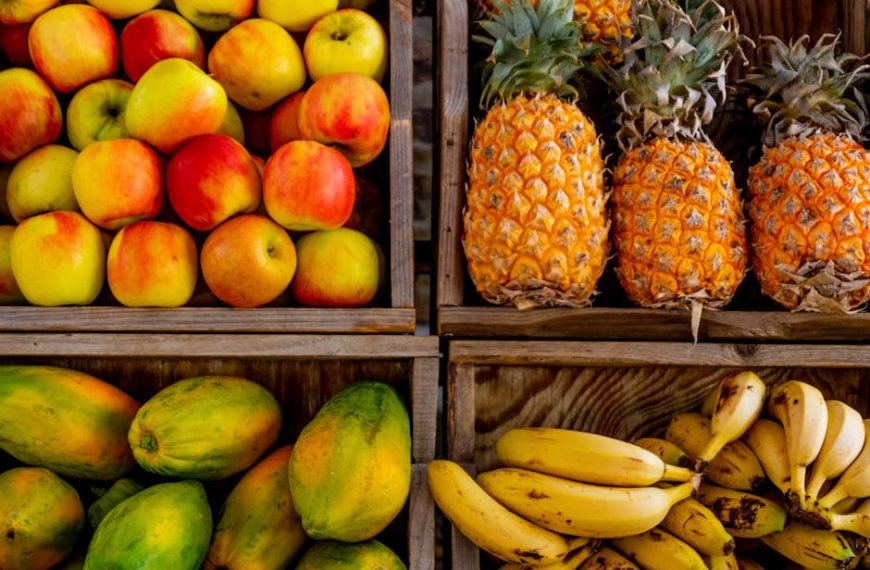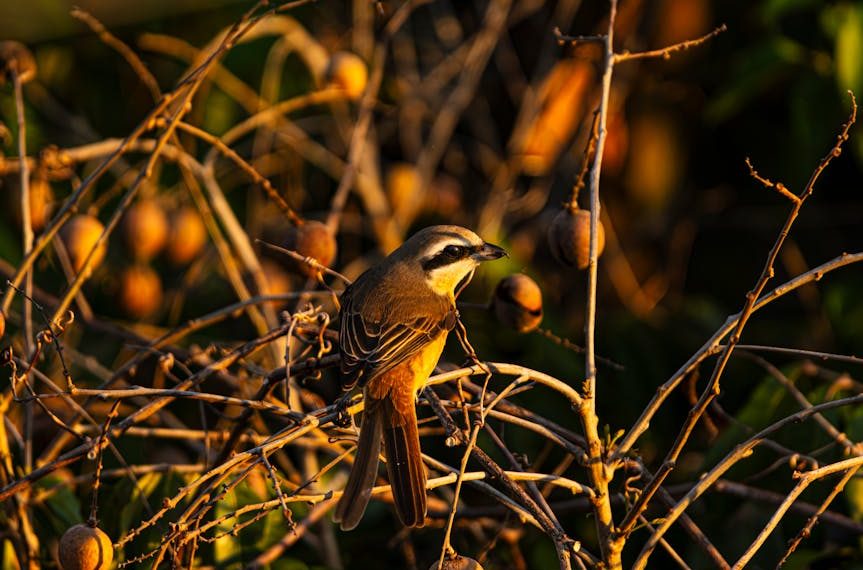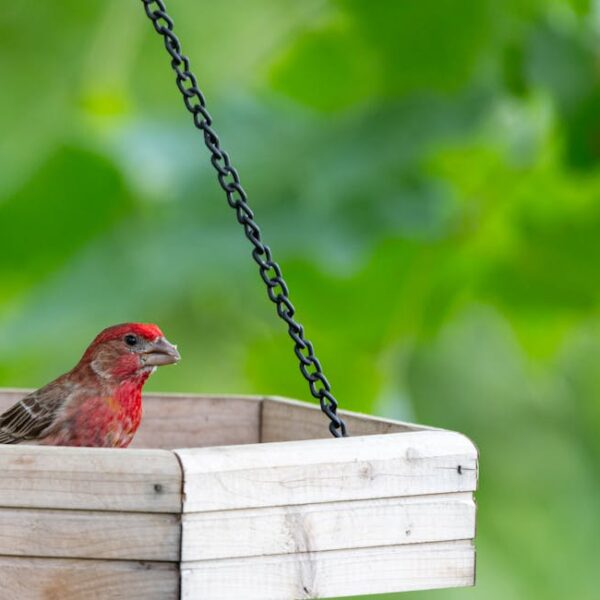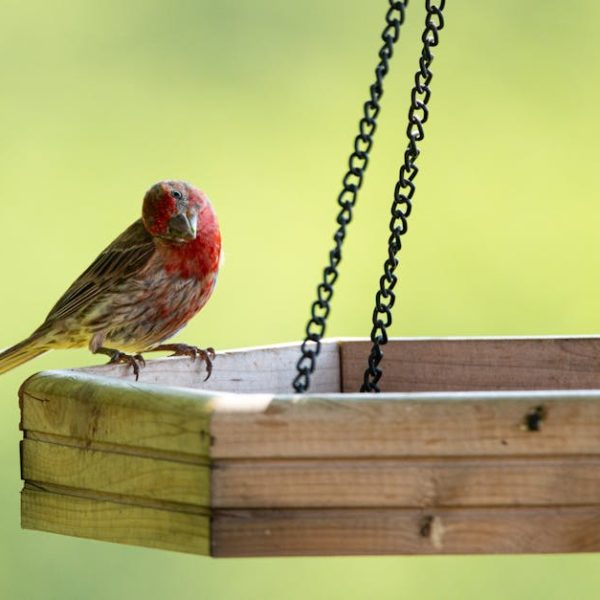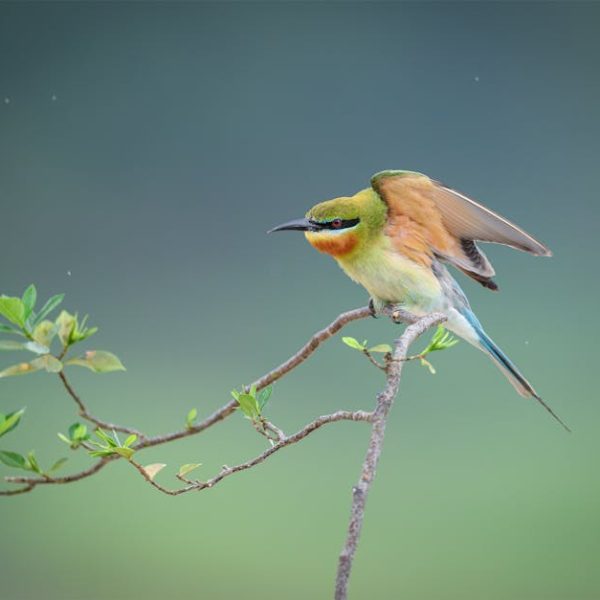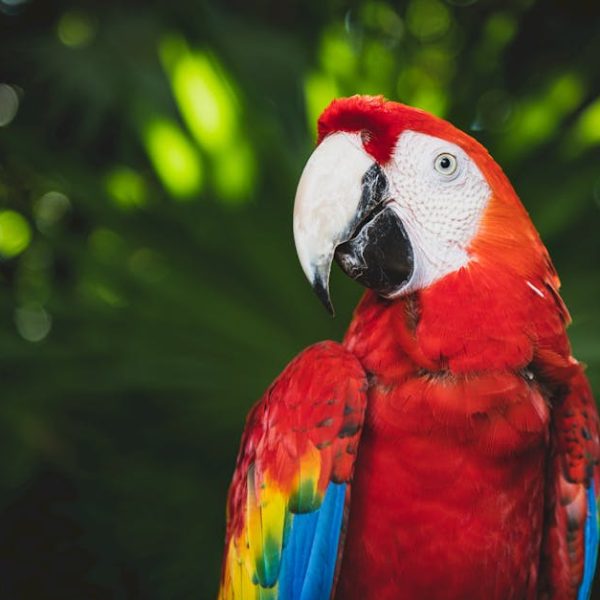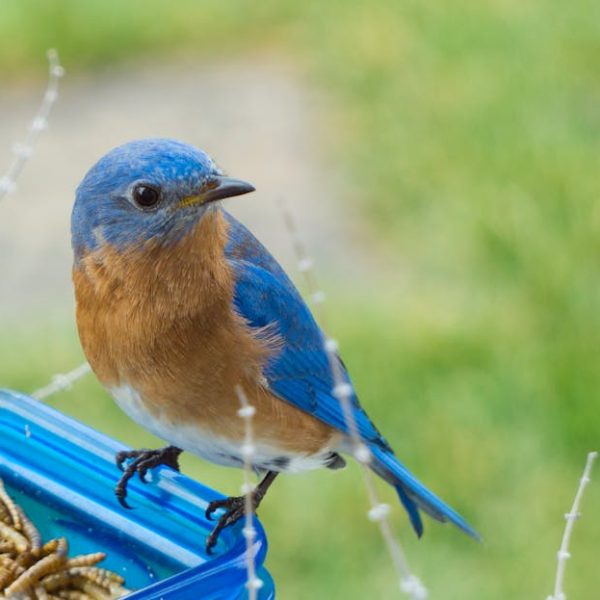Birds, often admired for their vibrant plumage and melodious songs, play an understated role as nature’s pest controllers. These winged creatures are crucial in maintaining ecological equilibrium, due in large part to their prodigious appetite for bugs. Not only does this help to control the population of many potentially harmful insects, but it also contributes more generally to the delicate balance of our ecosystems.
The Importance of Birds in Pest Control
Birds form an essential part of our ecosystem’s chain of vitality. Due to their dietary habits, these creatures are nature’s pest controllers, mainly consuming bugs, thus regulating their numbers. This is particularly important for many agricultural ecosystems, where certain bugs can wreak havoc on crops. By eating pests such as beetles, spiders, and ants, birds can effectively limit potential damage.
Pro Tip: Bird-watching can be educational and fun. Spotting different birds hunting and feeding in your vicinity can reveal the natural prey-predator dynamics in play.
Types of Birds That Eat Bugs
Numerous bird species enjoy a diet rich in insects. Many of these are common backyard birds you might see in your own garden. They include robins, known for their red breasts and affinity for earthworms, and sparrows, able to feast on a variety of insects. Chickadees, with their distinctive black cap and bib, are also fervent bug eaters.
List of Bug-Eating Birds:
- Robins: Notorious earthworm hunters, they also enjoy feasting on beetles and spiders.
- Sparrows: These birds have a broad diet and will readily consume beetles, caterpillars, and other small insects.
- Chickadees: A common sight in backyards, chickadees relish small insects and spiders.
Comparing Bird Hunting Habits:
Different backyard birds display distinctive hunting habits. Robins are known for their ‘run and stop’ technique, scampering across lawns before pausing to locate their prey. In contrast, sparrows often flit from branch to branch, pecking at tree bark in search of a meal. Chickadees, on the other hand, exhibit acrobatic abilities, often hanging upside down on twigs and leaves while scouring for tiny insects.
Types of Bugs Commonly Eaten by Birds
A variety of bugs form the staple diet for many bird species. Among the most common are beetles, spiders, and ants. However, what’s interesting is not just what birds eat, but when and how they do so.
List of Bugs Eaten by Birds:
- Beetles: These are a favorite, especially among larger birds like robins.
- Spiders: Smaller birds like chickadees and sparrows find these arachnids tasty.
- Ants: Birds often eat these insects when other food sources are scarce.
Best Practices: If you’re an avid bird watcher, early morning and dusk are the best times to observe birds hunting for bugs. As the proverbial worms are most active during these cool periods, so too are the birds.
Impact of Birds on Pest Population Management
Birds play an integral role in managing pest populations. By preying on bugs, they naturally regulate these insect communities, preventing them from growing out of control and causing harm to plants, crops, and entire ecosystems.
Pro Tip: Encourage bug-eating birds in your garden or farm. Providing attractive nesting spots, birdhouses, and feeding stations can attract a greater variety of these natural pest controllers, promoting ecological balance in your vicinity.
Pros and Cons of Bird-assisted Pest Control:
| Advantages | Disadvantages |
|---|---|
| 1. Effective natural method for controlling pests | 1. Predatory birds may also be attracted, which can threaten smaller birds |
| 2. Reduces dependence on harmful chemical pesticides | 2. Pests eaten by birds may be limited to those that are above ground |
| 3. Promotes biodiversity and balance in the ecosystem | 3. Some birds may also feed on beneficial insects |
Supporting Birds to Enhance Natural Pest Control
Encouraging birds to visit your garden or farm can be hugely beneficial for pest control. Here are some ways you can create a bird-friendly environment:
Checklist for Supporting Birds:
- Install bird feeders: These provide a reliable source of food, attracting a wider variety of birds.
- Create nesting spots: Placing birdhouses or leaving old trees can offer safe places for birds to roost and reproduce.
- Provide fresh water: A birdbath or water feature can be a refreshing stop for birds.
- Keep cats indoors: Domestic cats can be a threat to birds, especially if your yard is home to fledglings or small species.
Best Practices:
Take care not to disturb the natural behavior of birds. Avoid using insecticides that may harm the birds or deplete their food source. Encourage local bird species over invasive ones to maintain the ecological balance.
In conclusion, birds provide a significant natural advantage in pest control. While they may not eliminate all your garden pests, they can help keep them in check. So, next time you spot a bird relishing a beetle or spider, remember you’re witnessing nature’s pest control in action!
Key Takeaway:
- Birds play an integral role in pest management by preying on bugs, helping maintain ecological balance.
- Different types of birds, including robins, sparrows, and chickadees, feed on different types of bugs like beetles, spiders, and ants.
- Attracting birds to gardens or farms can be beneficial for pest control. Birds can be attracted by providing nesting spots, birdhouses, feeding stations, and fresh water.
- Bird-assisted pest control is a natural, effective method which reduces dependence on harmful chemical pesticides, but it may have limitations like attracting predatory birds, limited effectiveness on underground pests, and possible consumption of beneficial insects.
Our little feathered friends not only fill our mornings with melodious songs, but also keep our surroundings healthy by naturally controlling the pest population. So, let’s do our bit. Let’s make our environments more bird-friendly and allow them to work their magic. Remember, each bird spotted in your garden is nature’s warrior helping you maintain a pest-free, balanced ecosystem.
FAQs
Q: What do I do if predatory birds start preying on my backyard birds?
A: You can deter predatory birds by making your garden less inviting for them. Remove any high perches like dead branches, add more cover for small birds with dense shrubs or making birdhouses inaccessible to larger predatory birds.
Q: How can I ensure balance so that birds do not deplete all insects, including the beneficial ones?
A: Maintaining a diverse plant life in your garden attracts a range of insect species, providing a balance of prey for birds. Keep native plants which encourage the presence of native insects, establishing a natural ecological balance.
Q: If birds eat bugs, will my garden still need other forms of pest control?
A: Birds are a significant part of natural pest control, but they might not be able to manage all pests. For a comprehensive pest control plan, you might still need to use other methods alongside attracting birds.
Q: Can I use pesticides in my garden and still attract birds?
A: It’s advisable to avoid pesticides, as they could be harmful to birds and also deplete their food source. Opting for organic gardening practices is a win-win for both your plants and the birds.
Q: How can I attract more bug-eating birds to my farming field?
A: In addition to creating nesting spots and providing food and water, try planting a variety of plants that attract insects. The insects will, in turn, attract more insect-eating birds.
We hope you enjoyed this article and found it useful. Feel free to explore our website for more insights on making your garden a haven for birds while naturally controlling pests. Don’t forget to share the article with your fellow nature enthusiasts!

